Marketing leaders are at a crossroads, caught between precision and authenticity. Consumers are calling the shots, demanding connection and purpose over perfection. Mindful marketing changes how brands connect with people. It focuses on empathy and ethics.
The Human-Centric Shift
Consumers aren’t just looking for product pushers; they want genuine connections with brands. Trust is the foundation of loyalty, and brands must earn it. A recent Edelman report shows that people demand trust before making a purchase. One misstep – a misleading message, a careless ad, or a hint of dishonesty – can shatter that trust instantly. Mindful marketing turns the tables by prioritizing people’s feelings and values. It focuses on the emotional drivers behind buying decisions. Patagonia’s daring ‘Don’t Buy This Jacket’ campaign shows it cares about the environment. This message connects with eco-friendly shoppers. Dove’s ‘Real Beauty’ campaign started a worldwide movement and took the brand to new levels.
It’s time for CMOs to rethink their strategy and put people first. Ditch the demographics and click-through rates. Ask yourself, “Does this campaign treat my audience with respect? Does it add value to their lives?”
Also Read: What Are Programmatic Placements? A CMO’s Guide to Smarter Ad Buying
Building Trust in a World of Skeptics

You can’t buy trust with slick taglines or celebrity endorsements. You build it by being consistent, transparent, and accountable. Think of ‘cancel culture’ – where brands face public backlash for perceived mistakes. One wrong partnership or ad can spark a firestorm that costs millions. Mindful marketing mitigates that risk by making ethics a top priority. This means examining your supply chains. It also means using inclusive messaging and thinking carefully about social issues. Ben & Jerry’s has done this well. They support causes that matter to fans. This has become a key part of their brand identity. The flip side? Brands that use social movements without effort often seem fake.
Transparency is key, too. Consumers want to know the story of your products. They care about where they come from, who made them, and how they affect the planet. Brands like Allbirds and Everlane are doing well. They share honest details about their work. Marketing leaders, team up with your CSR and sustainability teams. Make sure your messaging matches your actions.
From Distractions to Emotional Connections
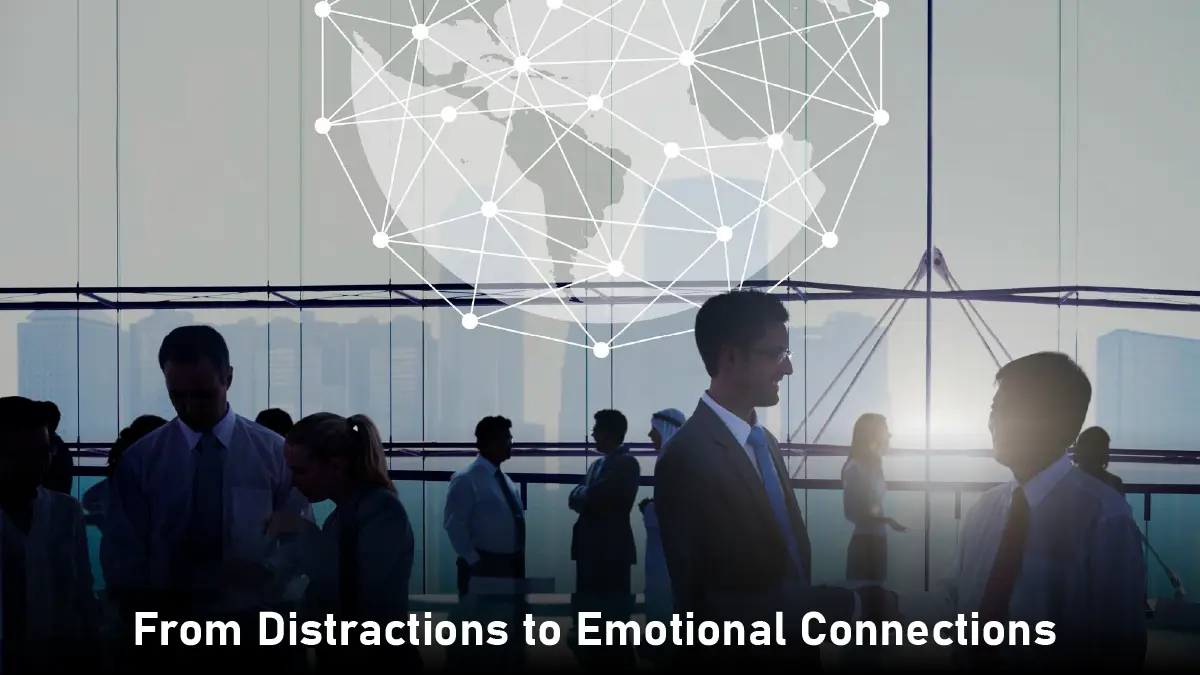
The digital world has sliced our attention spans to ribbons. We’re bombarded with thousands of ads daily, making it tough to cut through the noise. Mindful marketing hinges on emotions. It’s about making content that brings joy, inspires action, or creates belonging. Harvard Business Review found that customers with an emotional connection are twice as valuable as satisfied ones. They buy more, stick around longer, and evangelize for the brand. Apple’s ‘Shot on iPhone’ campaign gets it right. It shows user-generated content that feels like a love letter, not a sales pitch.
Marketing leaders, share real stories that focus on people. This builds emotional connections. Glossier has gained a loyal fan base by sharing genuine customer feedback and starting conversations on social media. Treating customers like partners builds loyalty. You can do this without spending on ads.
Redefining Success Metrics
CMOs have a hard job. They must balance ROI demands and smart strategies. But mindful marketing requires a long-term view. The key is to redefine success metrics. Ditch the focus on conversion rates and CAC. Look at brand sentiment, customer lifetime value, and share of heart.
For example, REI’s #OptOutside campaign traded Black Friday sales for a higher purpose. REI focused on brand purpose instead of just quick wins. This strategy caught media attention, built customer loyalty, and steadily grew revenue.
Tools like sentiment analysis, social listening, and surveys can reveal hidden insights. Marketing leaders, teach your stakeholders about the financial gains from trust and loyalty. McKinsey found that brands with a clear purpose grow three times faster than others. It’s proof that being ethical is not just good – it’s also good business.
Navigating Cultural Complexity
In today’s global, social media landscape, cultural sensitivity is non-negotiable. What works in one region might offend in another. Mindful marketing demands cultural fluency – understanding local nuances, histories, and values. Nike’s partnership with Colin Kaepernick shows strong cultural awareness. However, it did upset some groups. It’s a reminder that we must understand our global audience better than ever. Sales soared. This shows that standing up for your values, when it matches your brand, can bring rewards. Pepsi’s failed Kendall Jenner ad showed the risks of shallow cultural involvement. It made light of protests, which upset many.
For marketing leaders, this means investing in diverse teams and local expertise. It also needs humility. You must be willing to listen, learn, and change when feedback shows your blind spots.
Integrating Mindfulness into Strategy
Adopting mindful marketing isn’t about abandoning data or technology. It’s about harmonizing these tools with humanity. Audit current campaigns with mindfulness: Are we putting customer well-being first? Are we contributing positively to societal conversations?
Training teams in ethical design thinking can embed mindfulness into workflows. Workshops on inclusive language, sustainability storytelling, and crisis preparedness make employees brand champions. Working with NGOs and earning certifications, like B Corp status, shows that others back your commitments.
In the new landscape, brands that succeed will see marketing as a bridge, not just a loudspeaker. It’s about building real connections in a divided world. CMOs and marketing leaders have a clear call to action: Lead with purpose. Listen with empathy. Measure what matters most.
Final Thoughts
Mindful marketing isn’t a fleeting trend, it’s the future of brand relevance. In a world where consumers have more power than ever, authenticity matters most. Marketing leaders can build strong brands by embracing mindfulness. This approach inspires trust, drives loyalty, and creates a lasting legacy. The journey starts with a key change: viewing audiences as real people, not just data points.

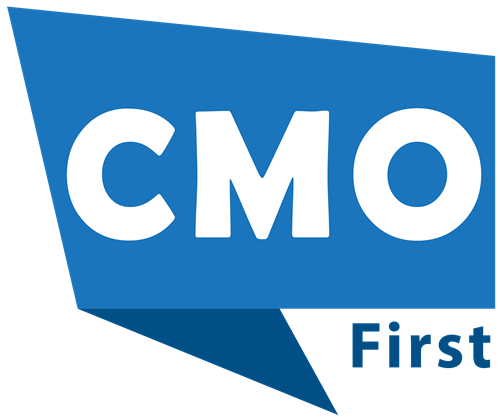





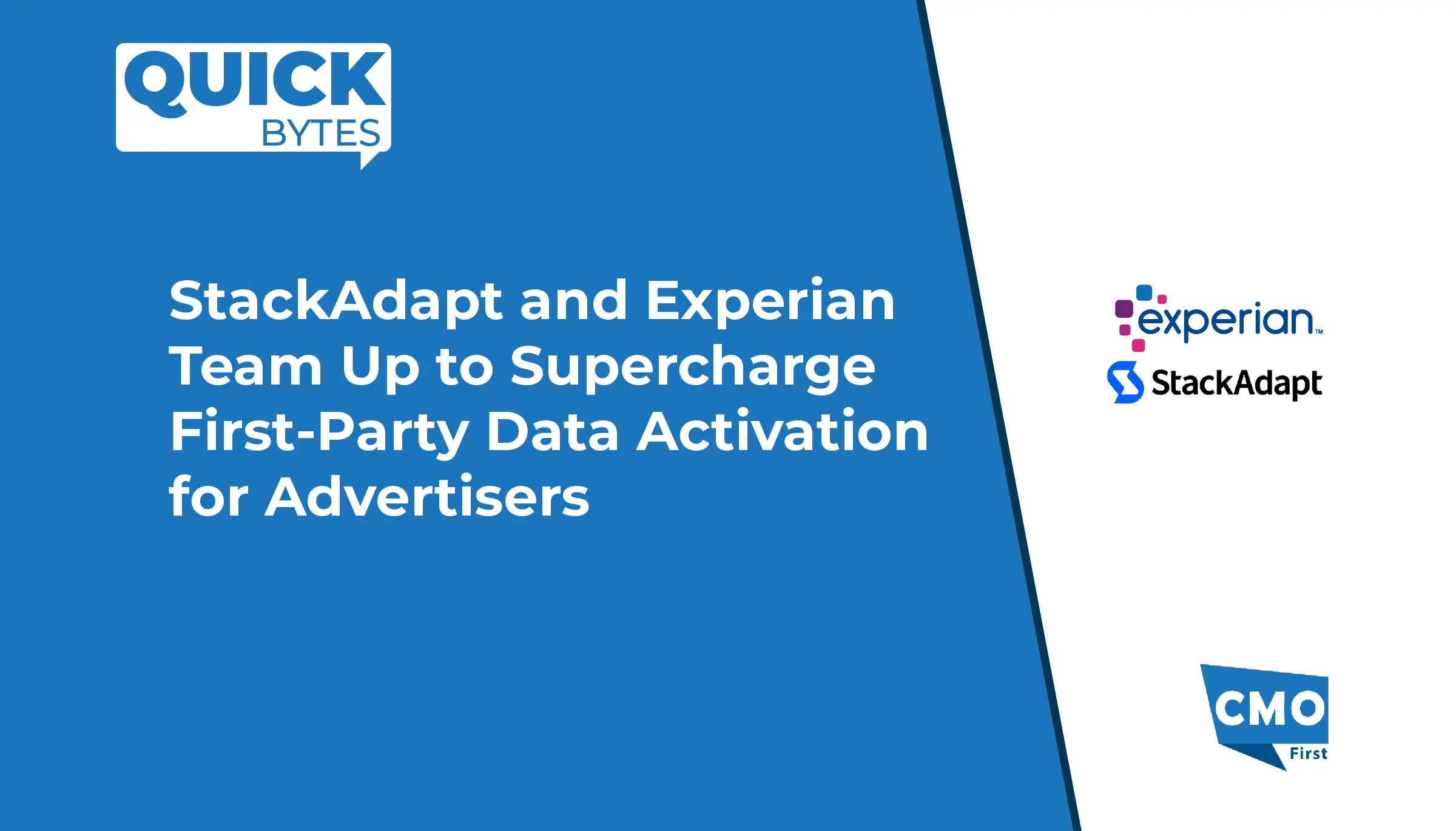
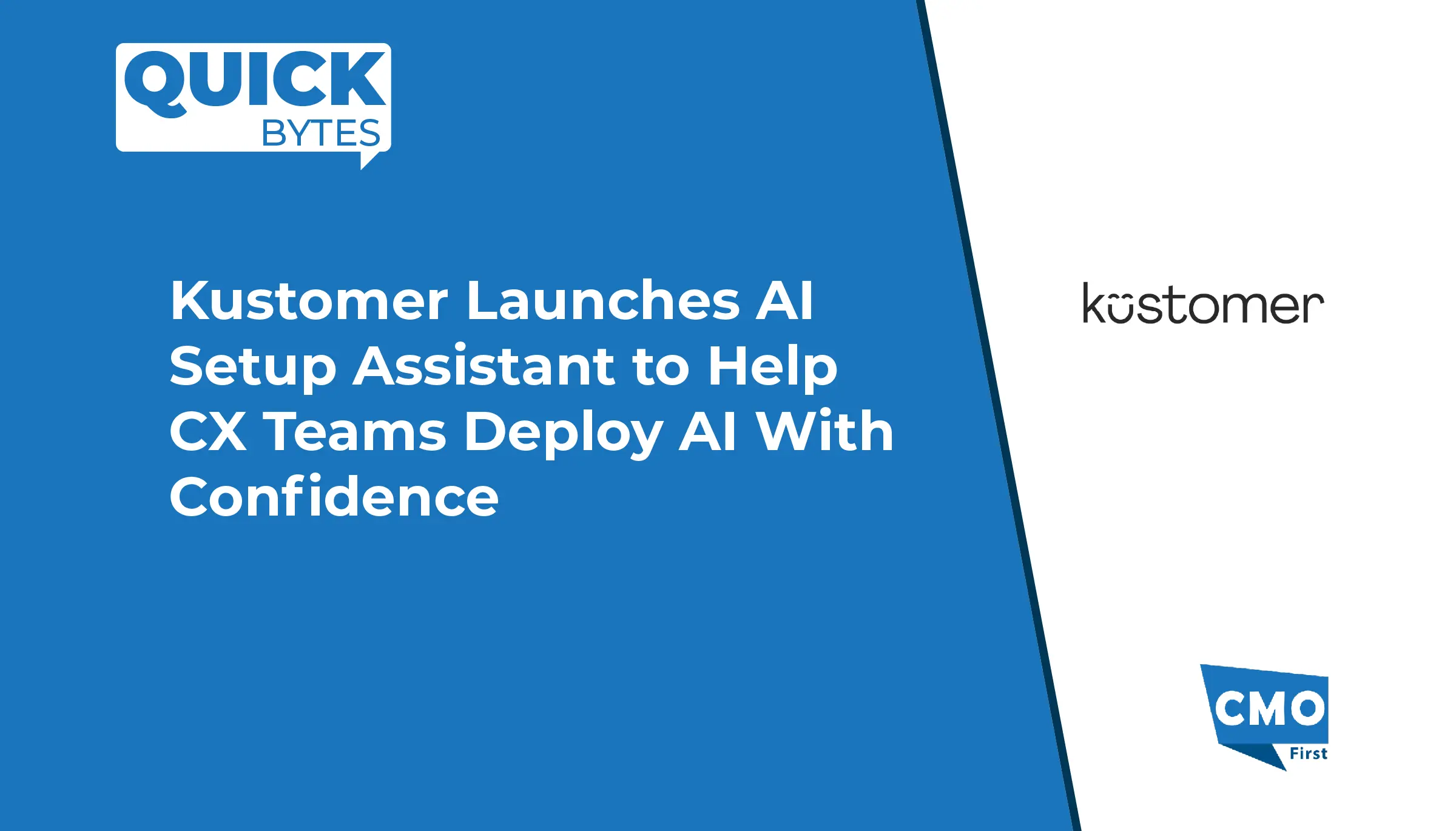
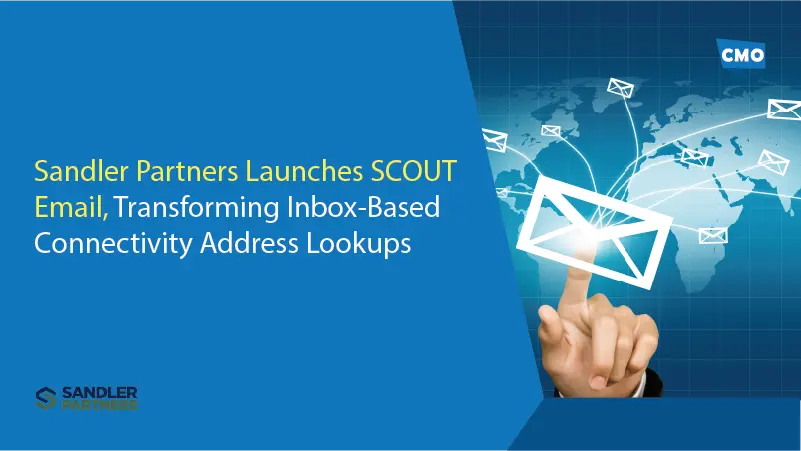
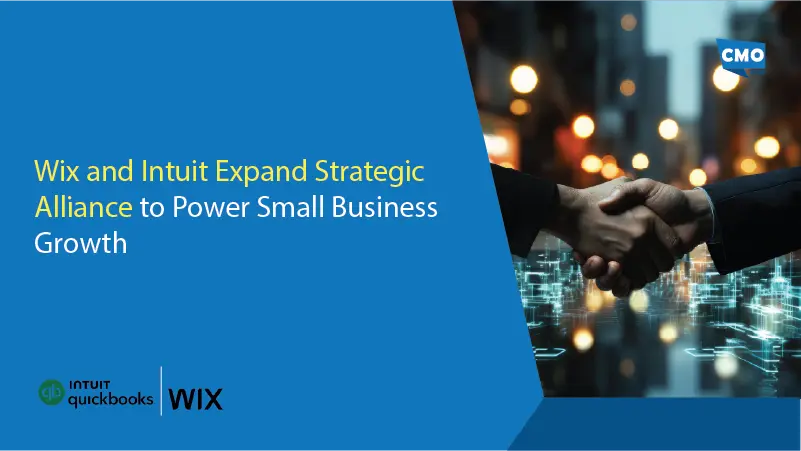
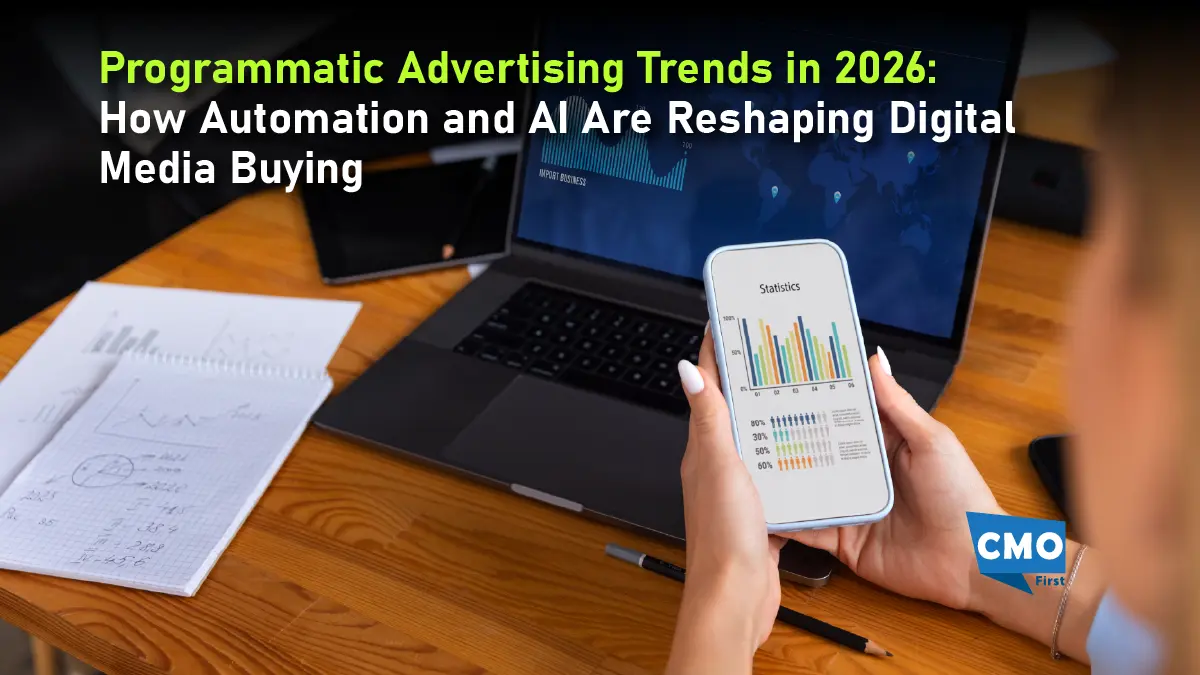

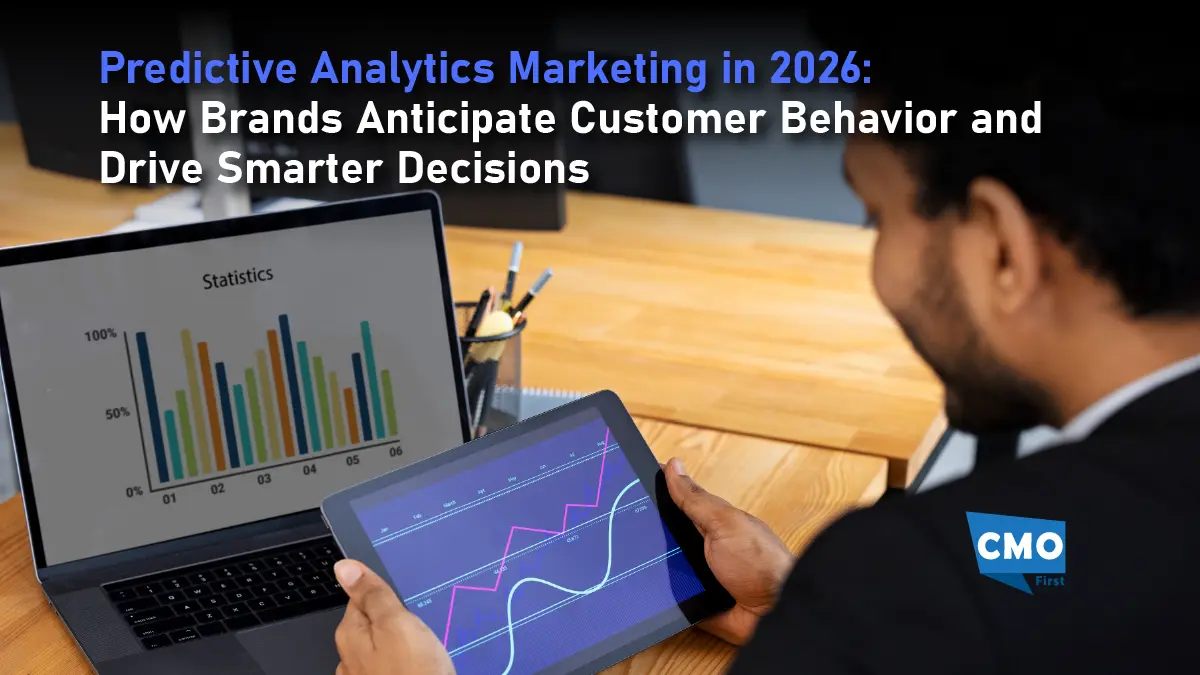
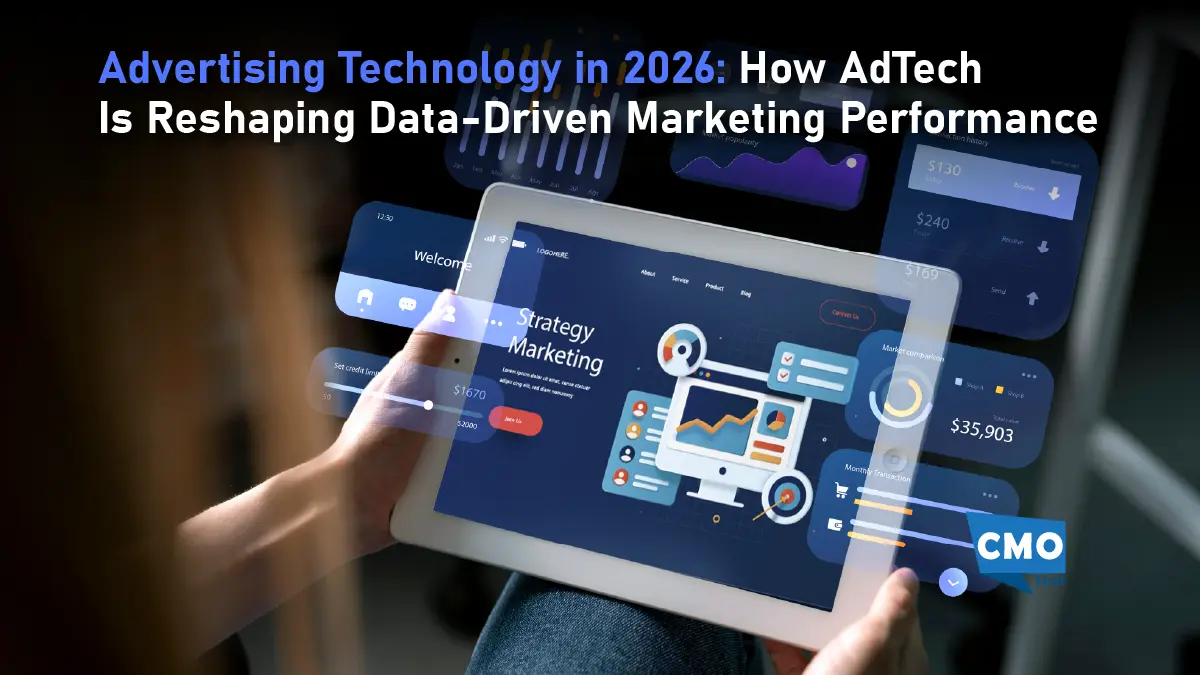
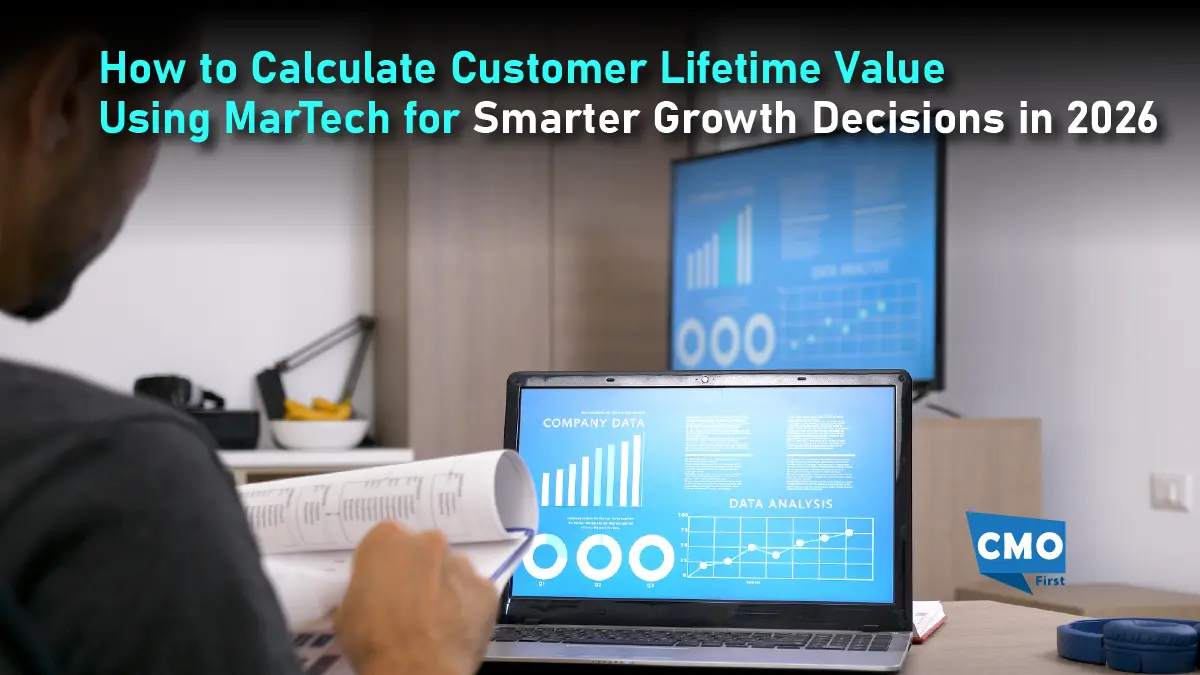
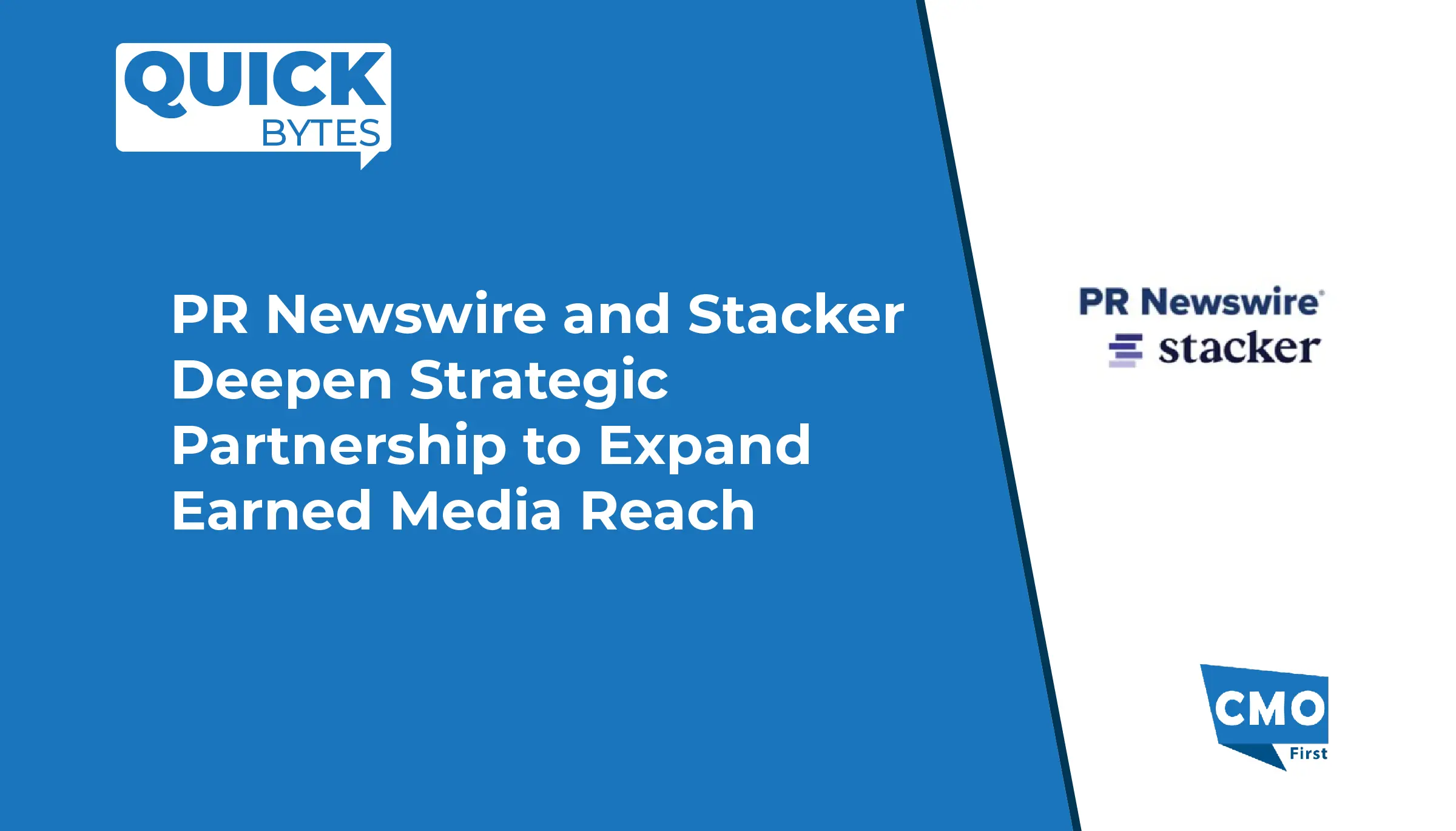

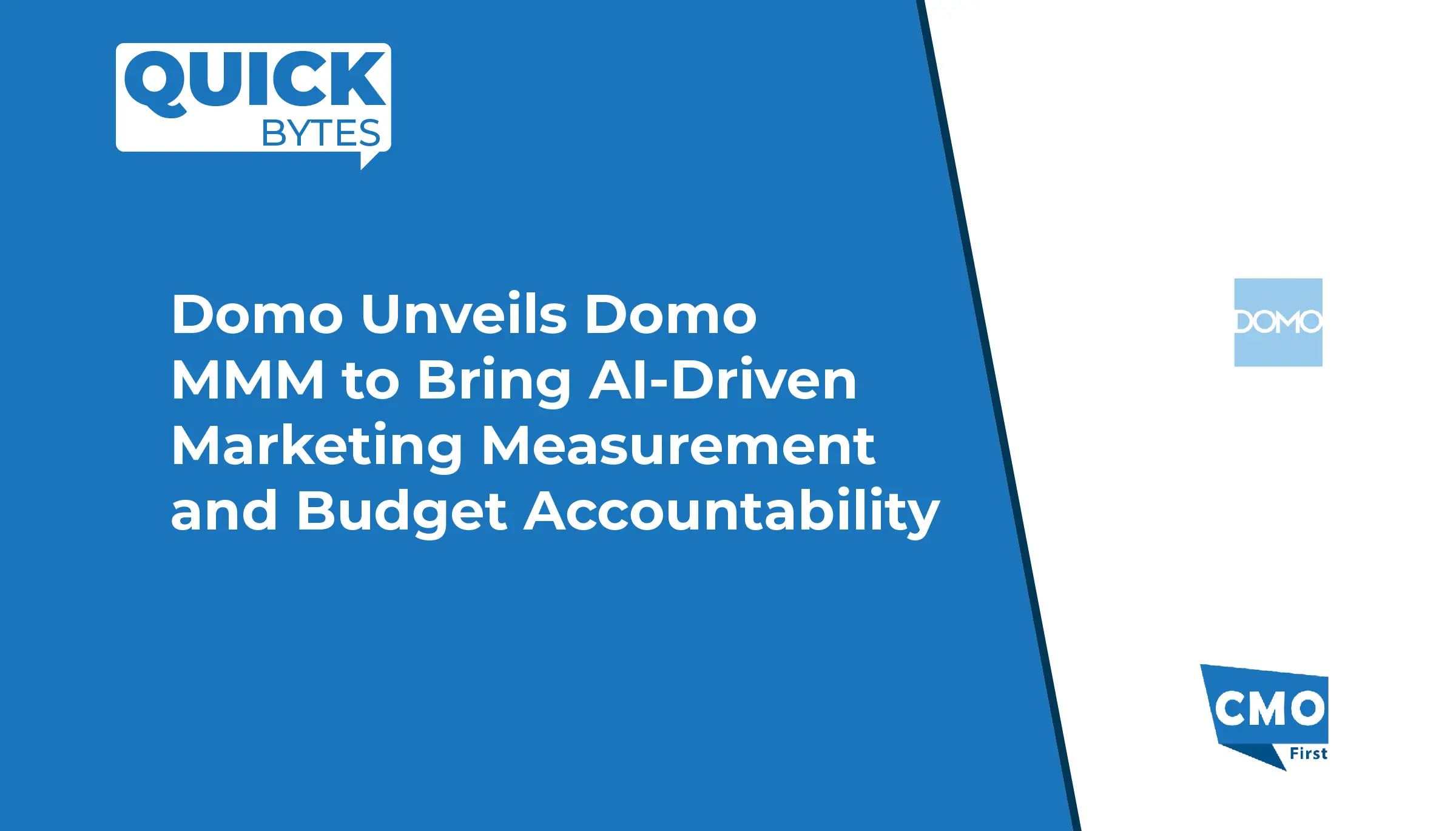
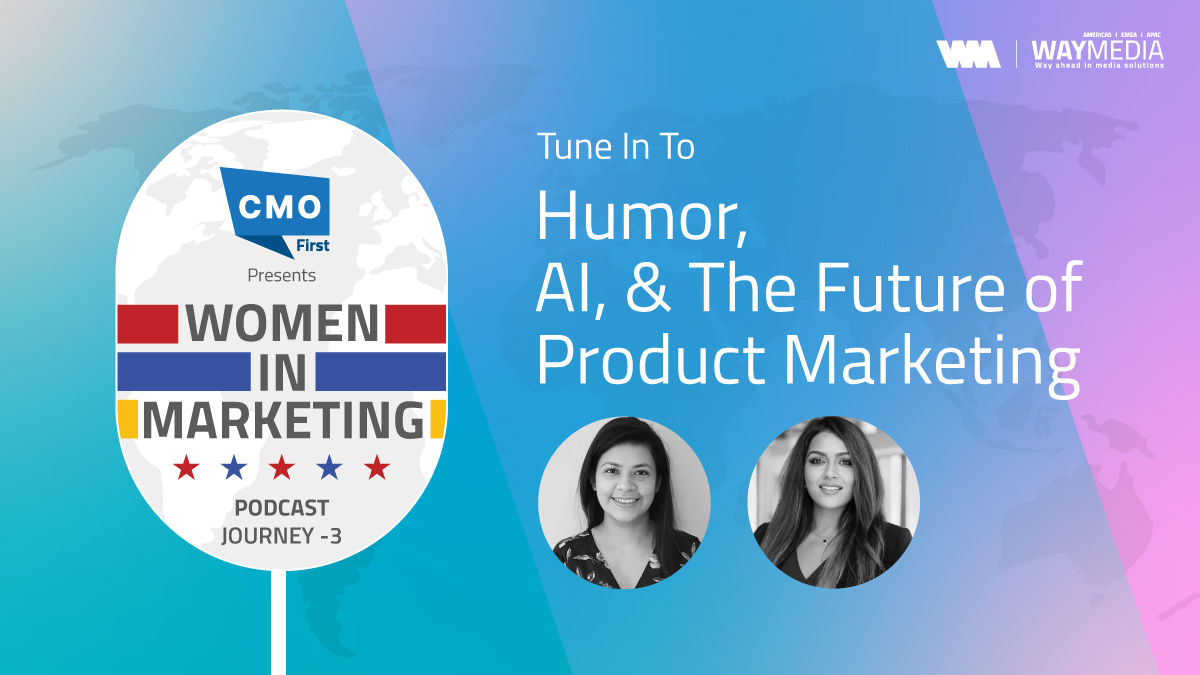
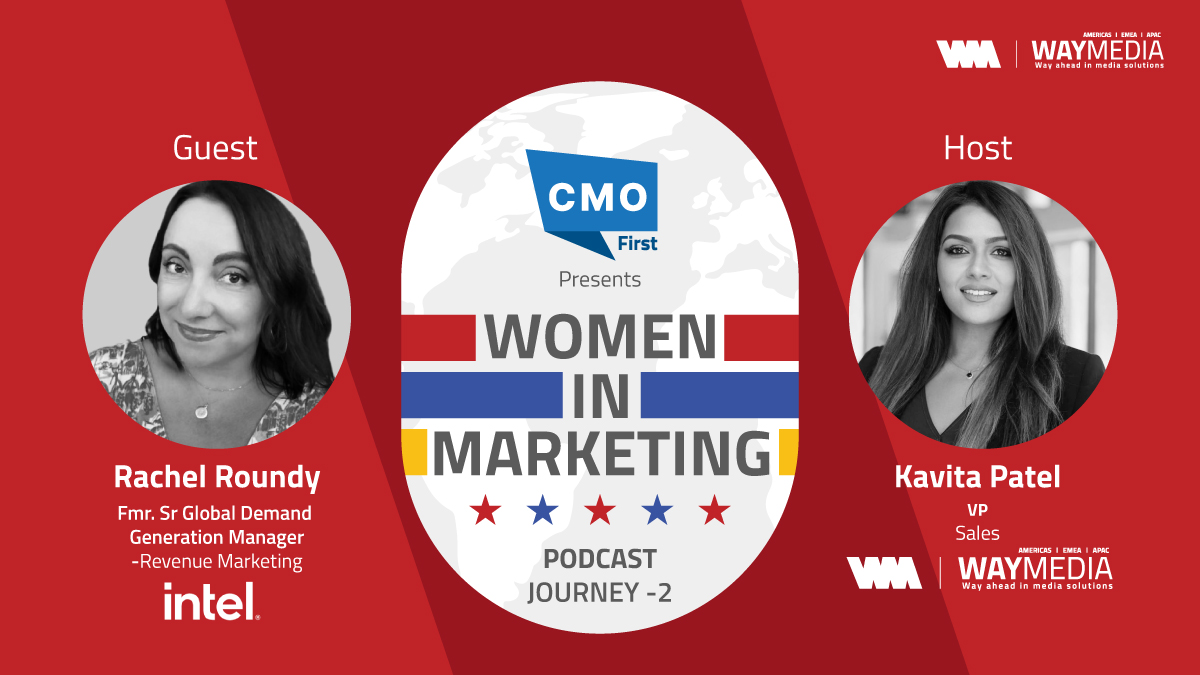
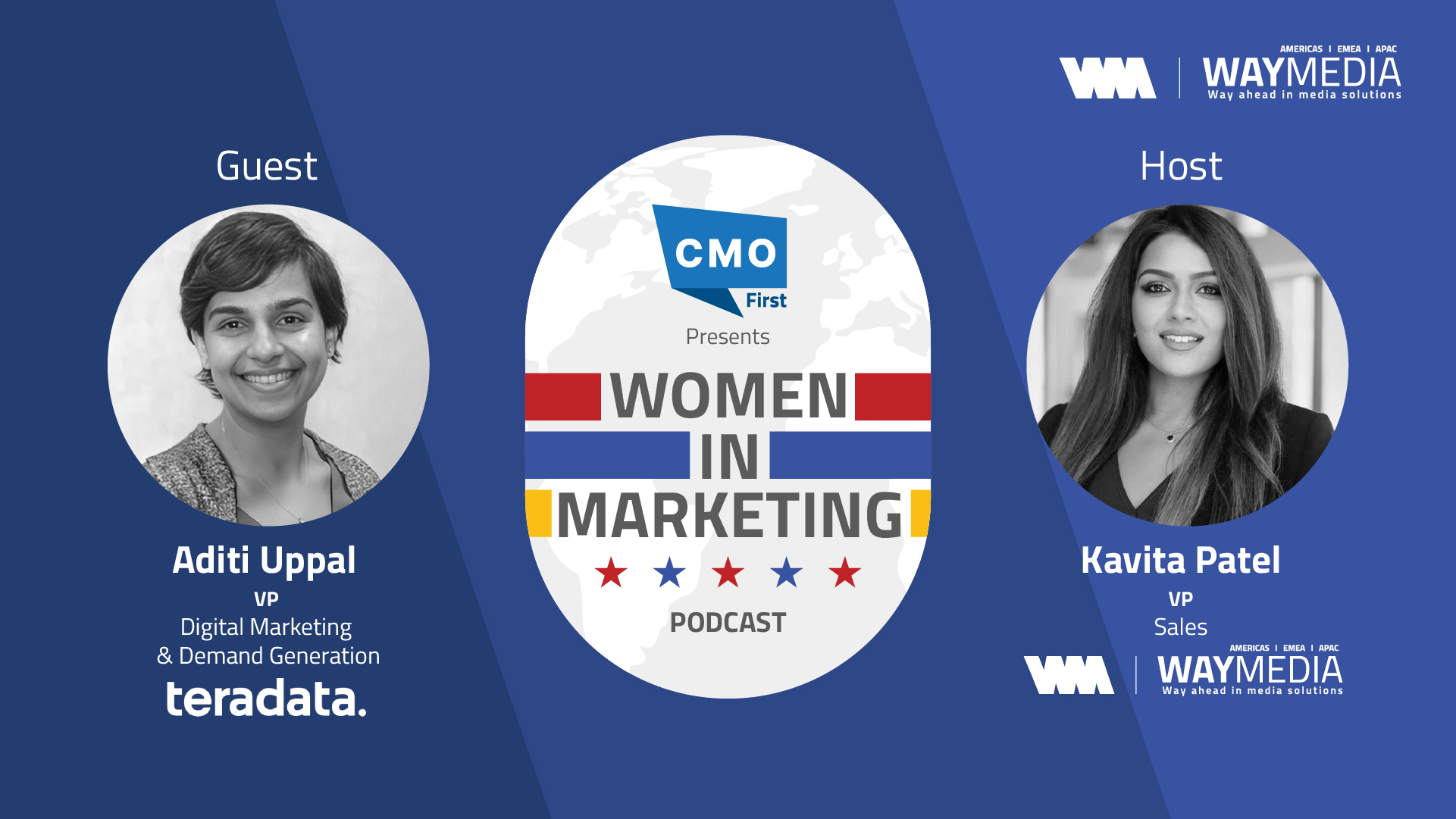


Leave a Reply